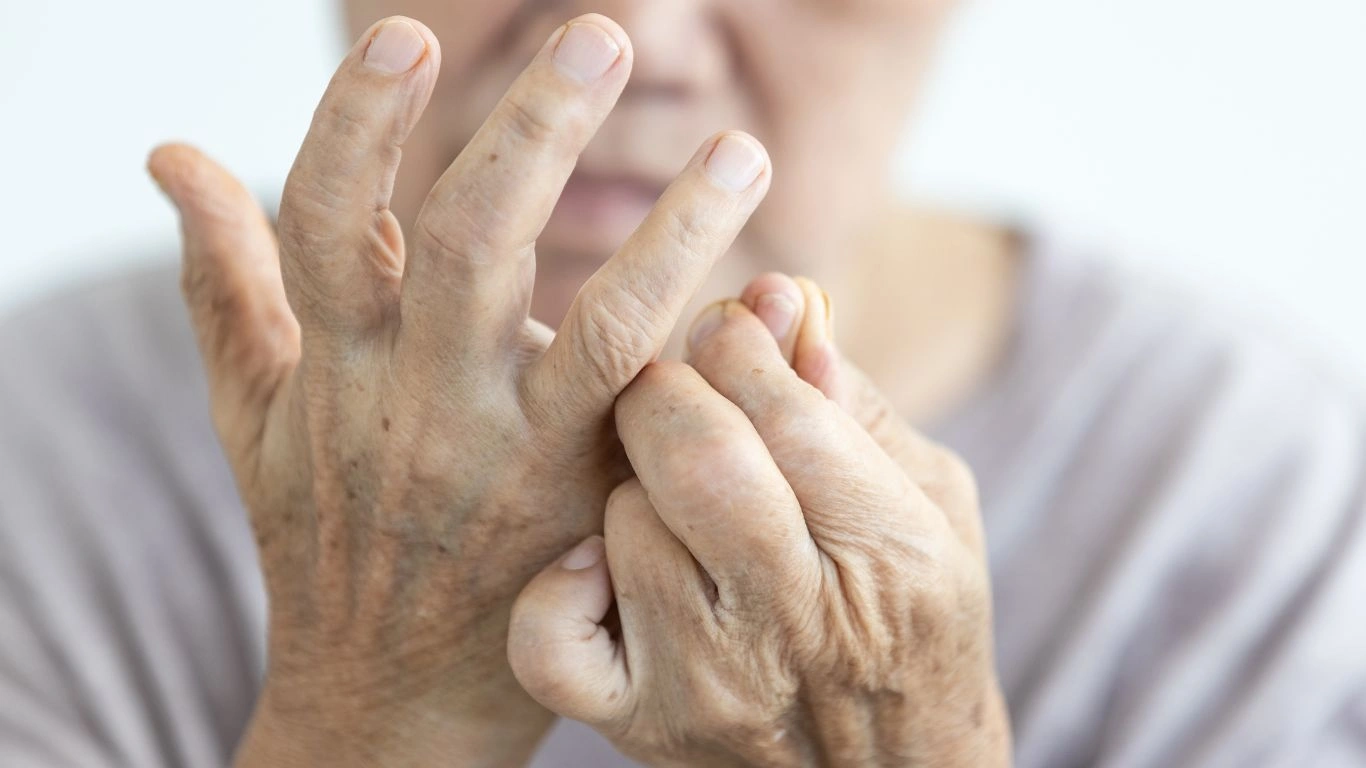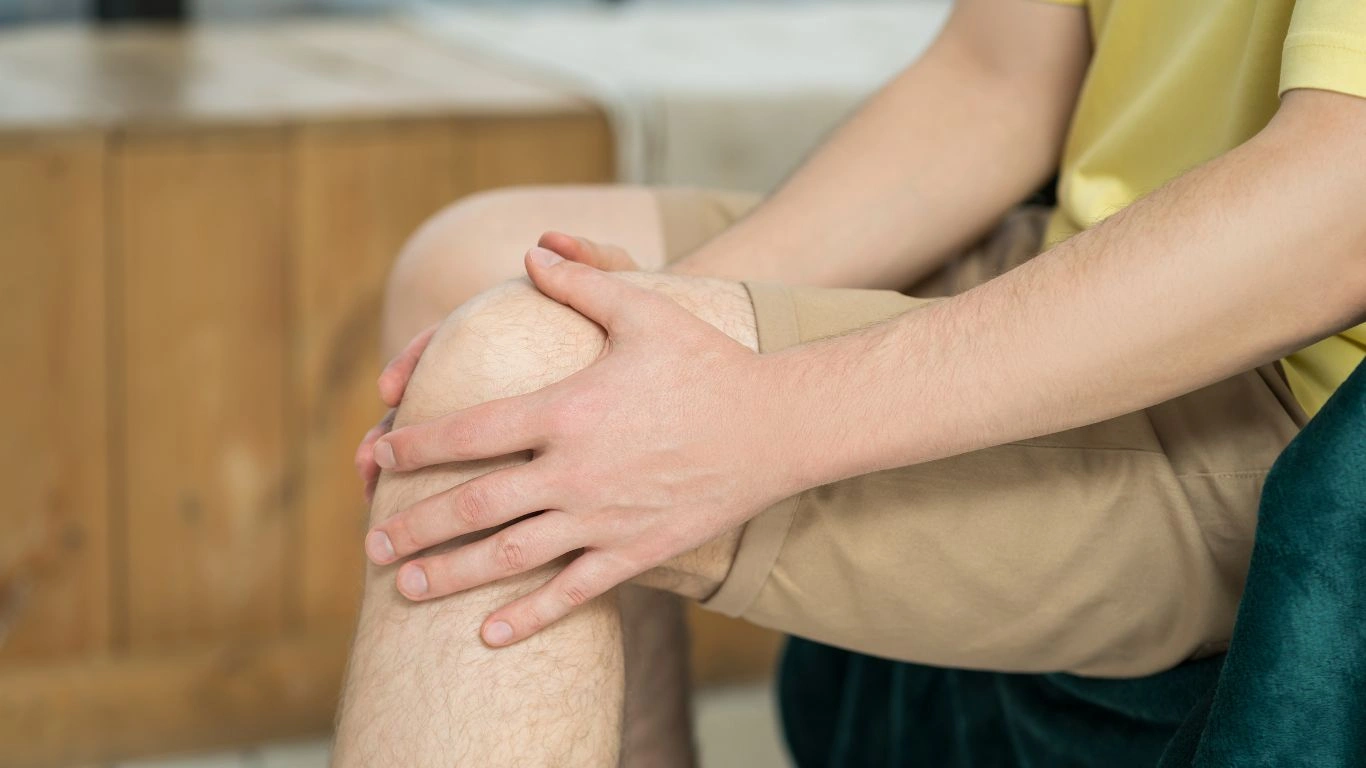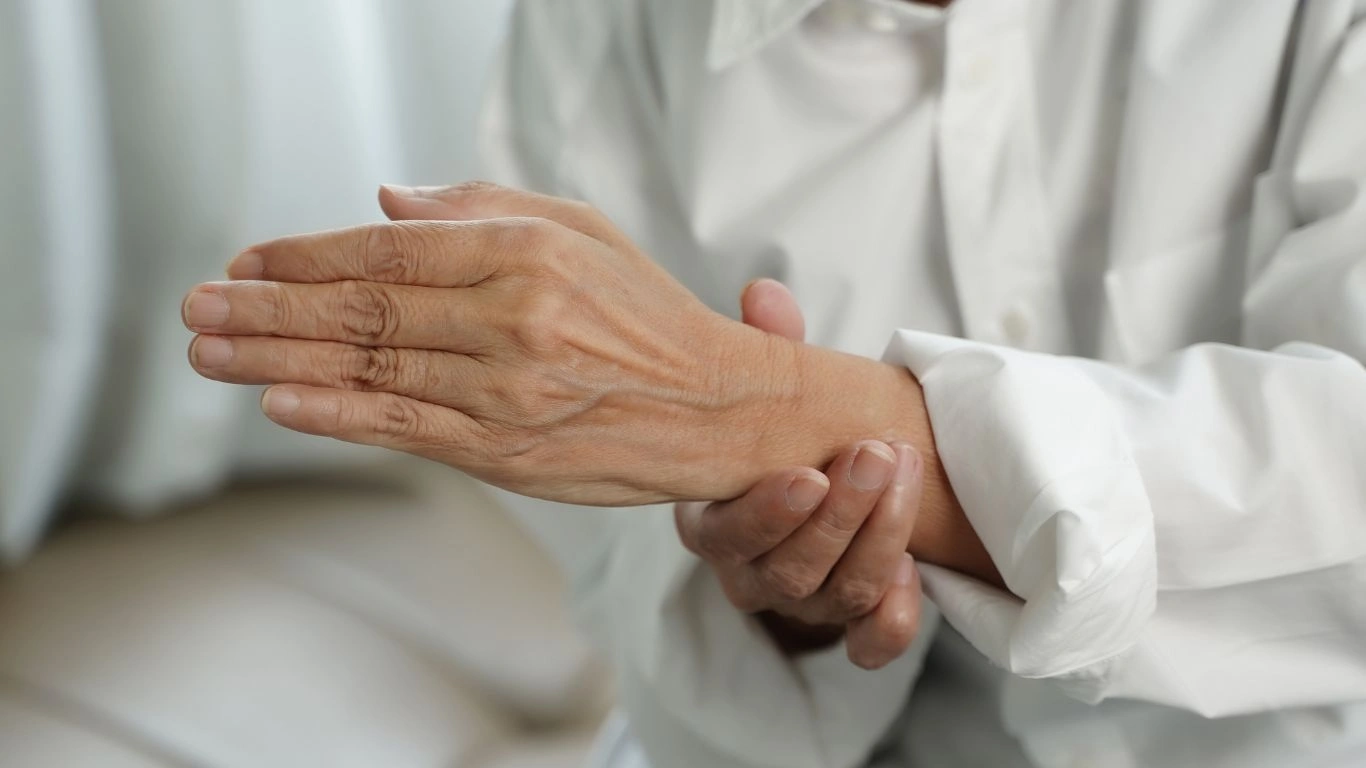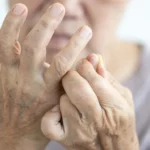Managing Rheumatoid Arthritis Without Steroids: A Holistic Approach to Relief
Rheumatoid arthritis (RA) can be a real pain—literally. But the good news? You don’t always need steroids to manage it effectively. Let’s dive into ways you can reduce inflammation, manage pain, and improve your quality of life without relying on steroids.

Rheumatoid arthritis is a chronic inflammatory condition where the body’s immune system mistakenly attacks its own joints, causing pain, stiffness, and swelling. While steroids have long been a go-to treatment for managing RA, many people seek alternatives due to their side effects, like weight gain, mood changes, and potential long-term damage. If you’re looking for ways to manage RA without these medications, you’re not alone! There are plenty of strategies you can explore.
Why Relying on Steroids Isn’t the Only Option
Steroids are often prescribed to reduce inflammation and control symptoms of RA. They work quickly, but they can come with a host of side effects, such as high blood pressure, osteoporosis, and increased risk of infections. So, if you’re looking to manage RA without steroids, here are some alternatives that have shown promise.

Diet and Nutrition: The Foundation of a Healthy Lifestyle
What you eat can play a significant role in managing rheumatoid arthritis. A well-balanced diet rich in anti-inflammatory foods can help reduce flare-ups and improve joint health.
Foods to Include
- Omega-3 Fatty Acids: These healthy fats, found in foods like salmon, walnuts, and flaxseeds, are known for their anti-inflammatory properties. Omega-3s help reduce joint stiffness and pain in people with RA.
- Fruits and Vegetables: Brightly colored fruits and veggies like berries, spinach, kale, and carrots are loaded with antioxidants and vitamins that can help lower inflammation in the body.
- Whole Grains: Brown rice, quinoa, and oats are excellent sources of fiber and can support gut health, which is often linked to inflammation.
Foods to Avoid
- Processed Foods: Fast food, sugary snacks, and refined grains can trigger inflammation and make RA symptoms worse. Try to limit your intake of these.
- Nightshade Vegetables: Some people with RA find that vegetables like tomatoes, potatoes, and eggplants can cause flare-ups, although this is highly individual.
Tip: Consider following an anti-inflammatory diet like the Mediterranean or DASH diet, which emphasizes fruits, vegetables, whole grains, and healthy fats.
Exercise: Moving for Joint Health
Regular exercise is crucial for managing RA symptoms. While it may seem counterintuitive to move when your joints hurt, exercise can actually help reduce pain, improve flexibility, and increase strength. It’s all about finding the right balance and choosing the right activities.
Low-Impact Activities
- Swimming: The buoyancy of water reduces strain on the joints while providing resistance for strength-building.
- Walking: A gentle walk can help maintain mobility without putting too much pressure on your joints.
- Yoga: This can improve flexibility, reduce stress, and promote better posture, which can help alleviate some of the pain and stiffness associated with RA.
Tip: Start slowly and work with a physical therapist if needed. They can help you develop a routine that’s safe for your joints.

Supplements for Joint Health
Some people find relief from RA symptoms by incorporating specific supplements into their routine. While they won’t cure RA, they may help manage pain and inflammation.
Popular Supplements
- Turmeric (Curcumin): Known for its anti-inflammatory properties, turmeric can be added to your diet or taken as a supplement to help manage pain.
- Glucosamine and Chondroitin: These supplements are often used to support joint health and improve mobility in people with arthritis.
- Vitamin D: Adequate levels of vitamin D can help maintain healthy bones and immune function, both of which are important for RA management.
Tip: Always check with your healthcare provider before adding any supplements to your routine to make sure they’re safe and won’t interfere with any current medications.
Mind-Body Connection: Managing Stress
Chronic stress can exacerbate inflammation and worsen RA symptoms. Managing stress effectively is just as important as managing physical symptoms when living with rheumatoid arthritis.
Relaxation Techniques
- Mindfulness Meditation: Practicing mindfulness can reduce stress and help manage pain by focusing on the present moment.
- Deep Breathing Exercises: Taking slow, deep breaths can calm your nervous system and help reduce tension in the body.
- Tai Chi: This ancient practice combines movement, breathing, and meditation, and it’s been shown to help reduce pain and stiffness in people with arthritis.
Tip: Set aside time each day to practice relaxation techniques, even if it’s just for 10 minutes. The benefits can add up over time.

Heat and Cold Therapy: Quick Relief for Pain
When your joints flare up, heat and cold therapy can provide immediate relief.
How They Work
- Heat Therapy: Using a heating pad or warm bath can help relax muscles, ease stiffness, and improve blood flow to affected joints.
- Cold Therapy: Applying an ice pack can reduce inflammation and numb the area, which can be particularly helpful during a flare-up.
Tip: Use heat for stiffness and cold for swelling. Just make sure to never apply heat or ice directly to the skin—wrap it in a towel to avoid burns or frostbite.
Alternative Treatments: Acupuncture and Massage
If you’re looking for more alternative ways to manage RA, therapies like acupuncture and massage have helped some people find relief from pain and inflammation.
- Acupuncture: This traditional Chinese medicine technique involves inserting fine needles into specific points of the body. Some studies suggest that acupuncture can help reduce RA symptoms by stimulating the body’s natural pain-relief mechanisms.
- Massage: Regular massages, especially those focused on the affected joints, can improve circulation, reduce muscle tension, and promote relaxation.
Tip: If you’re considering acupuncture or massage, find a licensed practitioner who specializes in arthritis care.
Conclusion
Managing rheumatoid arthritis without steroids is absolutely possible, and many people find relief using a combination of lifestyle changes, diet, exercise, and alternative treatments. While these approaches won’t cure RA, they can make a significant difference in your quality of life and reduce your dependence on steroids. Always consult with your doctor before making any major changes to your treatment plan to ensure you’re choosing the best options for your unique situation.
Appendices
References
- Mayo Clinic. (2024). Rheumatoid Arthritis Treatment. Read Article
- National Institute of Arthritis and Musculoskeletal and Skin Diseases. (2023). Rheumatoid Arthritis: Treatment Options. Read Article














